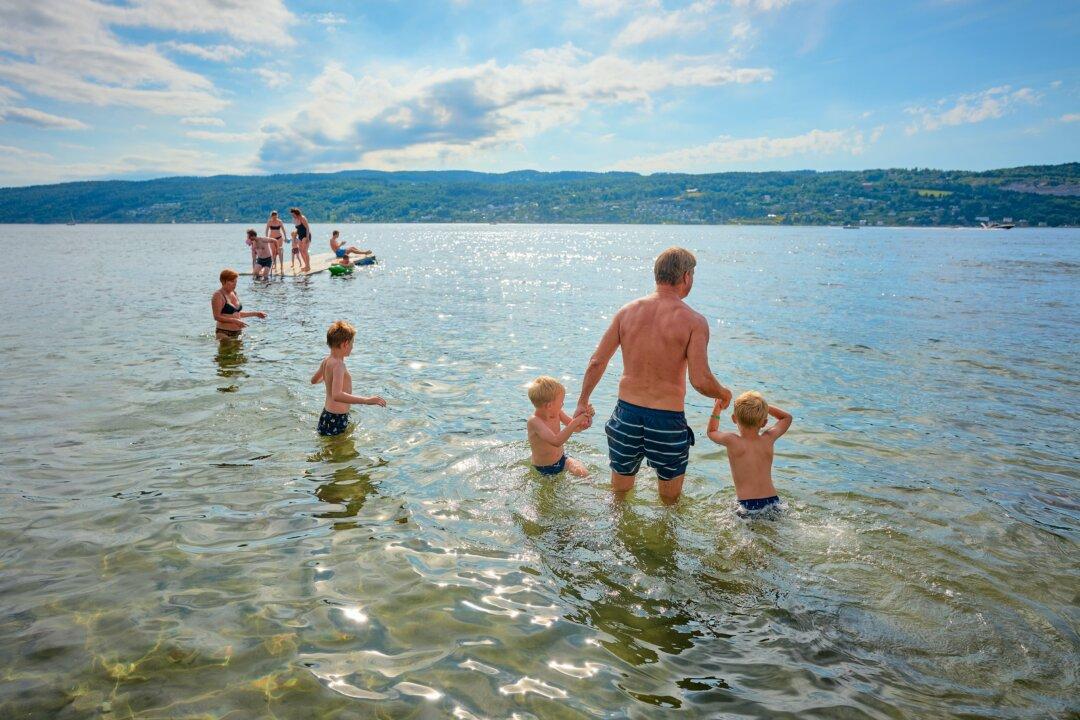A friend—I’ll call her Maggie—and I were recently talking by phone when the subject of leisure arose, along with questions such as: Once we’ve finished our work, which often seems unending, what do we do? And is there a difference between recreation and leisure? Spending an evening on social media, watching a televised football game, walking at sunset on a beach, carving out wooden toys for grandchildren: all offer a break from work, but are the benefits equivalent?
For Maggie, a wife, mother, and busy professional, cooking and baking provide a respite from the workplace. Her kitchen creations take her away from her computer screen and telephone, and bring her the satisfaction of creating tasty dishes with her own hands.






